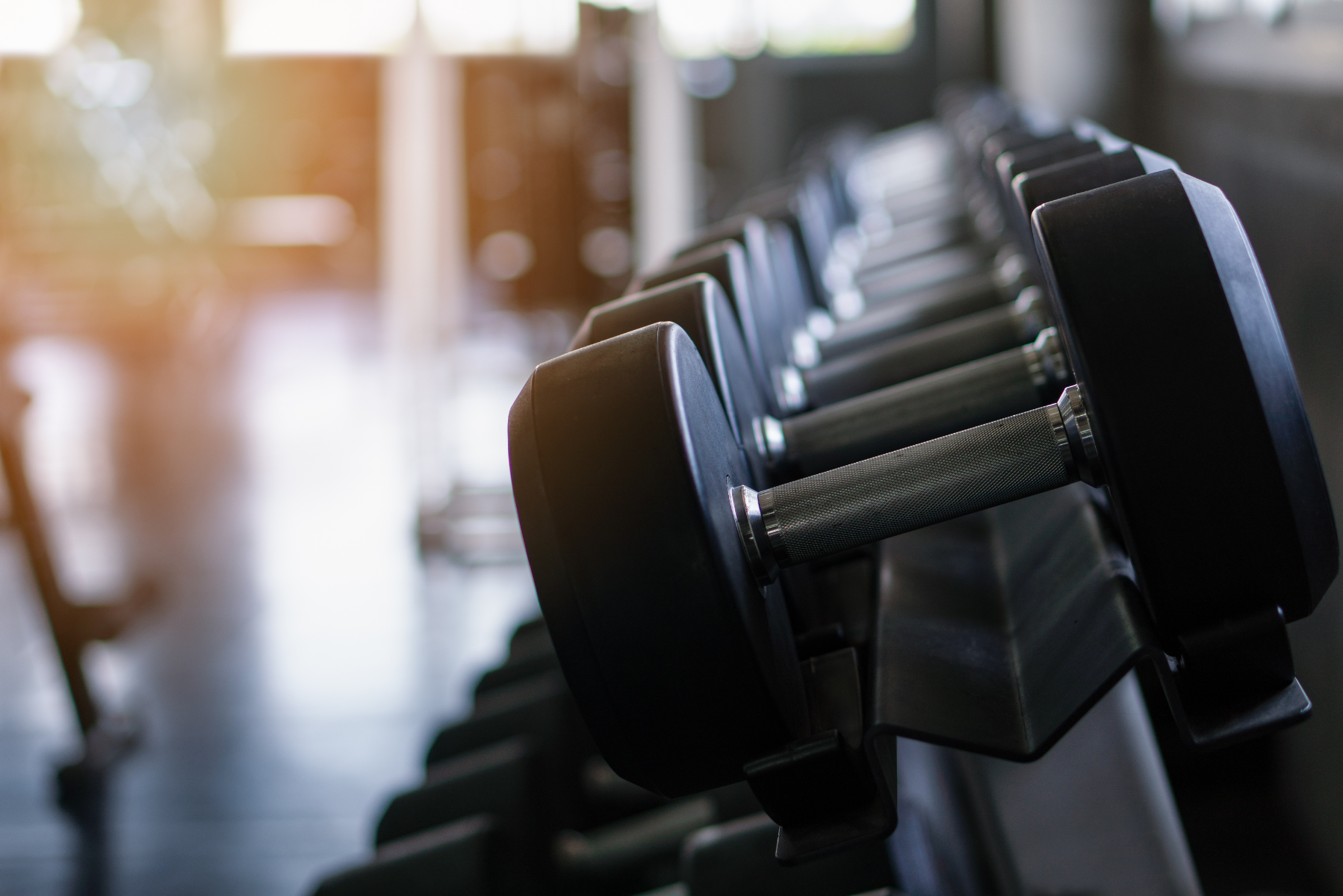News
Stretching our Muscles
January 2, 2023

I am about to do a new thing; now it springs forth, do you not perceive it?
—Isaiah 43.19a—
Like a lot of people who grew up in Nebraska, I grew up with a deep and abiding love for football. I remember being absolutely thrilled when my freshman year of high school finally rolled around and I got to check out a helmet, shoulder pads, and other gear for my first year of varsity football. The first week of two-a-days was a heady rush of sprints, drills, heat, and sweat, but I loved almost every minute (I was not, and have never been, a fan of up-downs).
After one of those practice days, my mother wanted to take me and my brothers to Sioux City for school shopping, which was a drive of 45 minutes or so. I showered after practice and then she picked me up; I hopped into the back seat, ate the sack lunch she’d prepared for me, and when we arrived at the mall for our first stop I discovered something terrible: I couldn’t move. That 45 minute drive, coupled with 2-3 days of demanding new physical activity, left my leg muscles so stiff and sore that I couldn’t swing them out of the car. I had to lift my legs out of the car with my hands, then shake out the cramps and tingles before heading into the mall.
48 year-old me had the opportunity to look back and laugh at 14 year-old me a few weeks ago after joining a new weightlifting class at our local gym. The day after my first class, it was almost as difficult to get out of my car after my commute to the Synod office as it had been after football practice all those years ago. Whether you’re 14 or 48, moving in new ways can be uncertain, awkward, and can cause serious discomfort as muscles move in ways to which they’re not accustomed.
In a physical body, new exercises or a sharply-increased level of physical activity can lead to what’s known as Delayed Onset Muscle Soreness – long-lasting inflammation from microscopic tears in muscle fibers. As the body of Christ, the church struggles to acclimate when called into motion in ways it hasn’t previously moved. We experience the discomfort that comes from changing to meet the needs of a different world. This is what we’re doing as a Synod staff in 2023: we are learning how to be healthy in different ways, to serve the church that is, the church that will be, to avoid the trap of chasing our glory days.
By the time most of you are reading this, fitness centers across the United States will be at their peak of activity due to New Year’s resolutions to either become more active or return to a former level of activity. You might be one of those folks who has made that promise to yourself – if so, good for you! I’ll be right there with you, moving limbs that don’t quite work the same way they did 30 years ago. I hope you’ll stick with it, and I hope you’ll encourage me to do the same. A body has two options when it comes to responding to the discomfort caused by unfamiliar activity: it can stop, or it can stretch, work through the discomfort, and continue learning to move in that new way.
I know better than to try and work out the way I did when I was 18. These days I lift and exercise for functional health, not football; I’m keeping my back in shape instead of trying to move up the depth chart. Our collective calling as the body of Christ (at least this Lutheran part of it) is to learn how to move in a way that’s healthy for who we are in 2023. That may cause some discomfort. It will certainly be unfamiliar. We have two options when it comes to how we respond: stop, or keep moving. I believe God wants us to keep moving, together, following where Jesus leads us for the health of the church that is to come. Happy New Year, friends; find your spot at the gym, take plenty of time to limber up, and let’s get moving.
Yours in Christ,
Bishop Scott